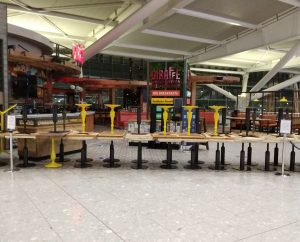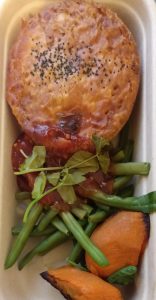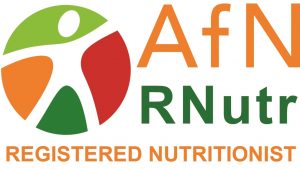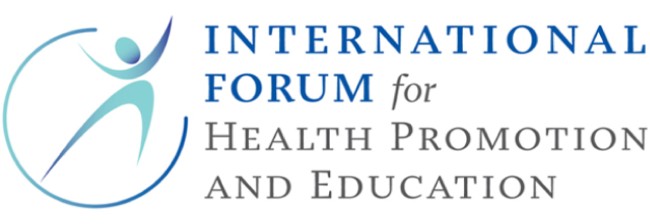At the start of the year, usually, I’d be writing about plans for staying healthy while on the go, with the assumption that this is a fairly simple proposition. I have been travelling again (legally) and was lucky it all worked out, but after multiple cancelled flights and two weeks of quarantine in a hotel, it’s a far from an easy option.

The Airport
In my experience, Heathrow was spookily quiet. Only two terminals operating at the time of writing, all shops closed apart from the pharmacies, newsagents and a few food outlets. It was possible to get take-away food and drinks.
Getting on a plane
The rule now is to check and re-check travel regulations for the departure and arrival destinations. We can follow the rules and take responsibility for our own actions, but still struggle with the travel environment. COVID tests, temperature checks, facemasks and sanitising are ubiquitous and everything takes longer.
Domestic flights in other countries can be fairly full, some with close proximity to other people, long haul travel is a challenge and on my flights, there was around a quarter occupancy.
Guidance from the airline asks that passengers stay in their seats as much as possible, wear a facemask at all times and try not to talk too much. When we wear a facemask it’s usual to talk more loudly in an attempt to be heard, which increases the breath droplets we produce, so we’re not encouraged to chat. Lots of sanitising wipes were provided and food served with a protective cover. It’s not possible to keep all beverages covered, especially those that need pouring, such as tea and coffee or glass of wine, some airlines provide beverages in individual packages.
Quarantine
 This can be in a private home in some instances, depending on the country visited, or for special individuals like celebrities, politicians and diplomats; but is usually in a hotel room. It’s a total chance the size and amenities allocated, my room was of a size usually suitable for a short stopover. After I’d defrosted the minibar fridge, it worked better, but these fridges aren’t designed to be as cold as a domestic fridge. Work provides a useful quarantine activity, some online exercise classes are excellent and cost nothing. Developing a daily routine is paramount to surviving a time when days could become endlessly long and dull. My routine started with tea while watching the news, breakfast, a little work, exercise, coffee, ablutions, lunch, back to work and remote meetings, dinner, chats with friends, and a bit of TV.
This can be in a private home in some instances, depending on the country visited, or for special individuals like celebrities, politicians and diplomats; but is usually in a hotel room. It’s a total chance the size and amenities allocated, my room was of a size usually suitable for a short stopover. After I’d defrosted the minibar fridge, it worked better, but these fridges aren’t designed to be as cold as a domestic fridge. Work provides a useful quarantine activity, some online exercise classes are excellent and cost nothing. Developing a daily routine is paramount to surviving a time when days could become endlessly long and dull. My routine started with tea while watching the news, breakfast, a little work, exercise, coffee, ablutions, lunch, back to work and remote meetings, dinner, chats with friends, and a bit of TV.
Meals are especially important when there is so little to brighten the day and while not terrible, they weren’t always very appetising. Having a supermarket or friends to deliver some extra tasty healthy food items, plus the occasional meal delivery service, helped a lot. The downside of this for me was finding that my food delivery account had been compromised and five extra meals had been ordered over the next week or so. In hindsight, using data on my phone instead of the insecure hotel Wifi could have been safer.
Breaking the day into bite-size chunks made it manageable. Having said that, 14 days felt like a very long time.
Hopefully, as the year progresses and vaccinations reduce the dangers to health, face to face business will continue again. So far 2021 travel is still fraught with uncertainties and we very much look forward to a big improvement in the future.
© 2021 Executive Travel Vitality
by - [-]
Price: -
by - [-]
Price: -





























